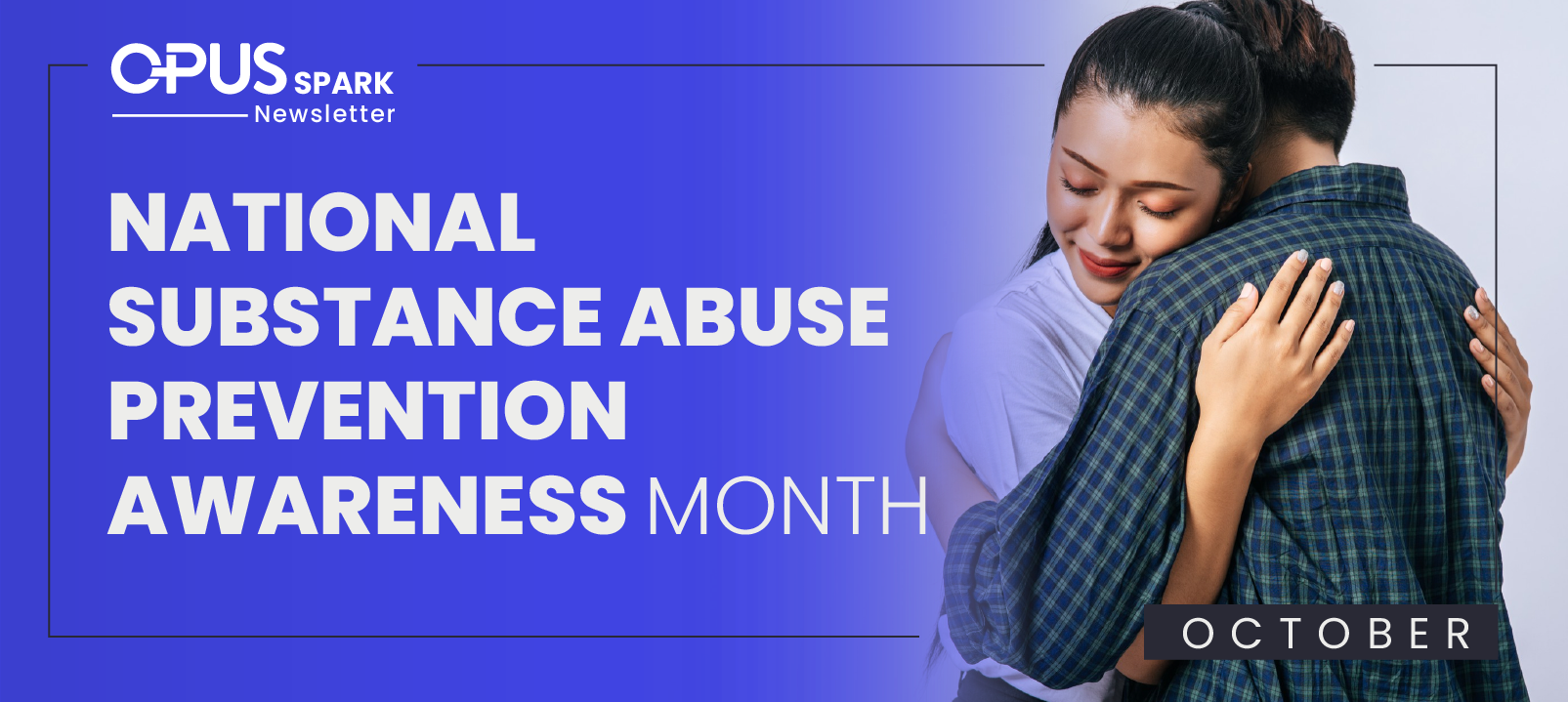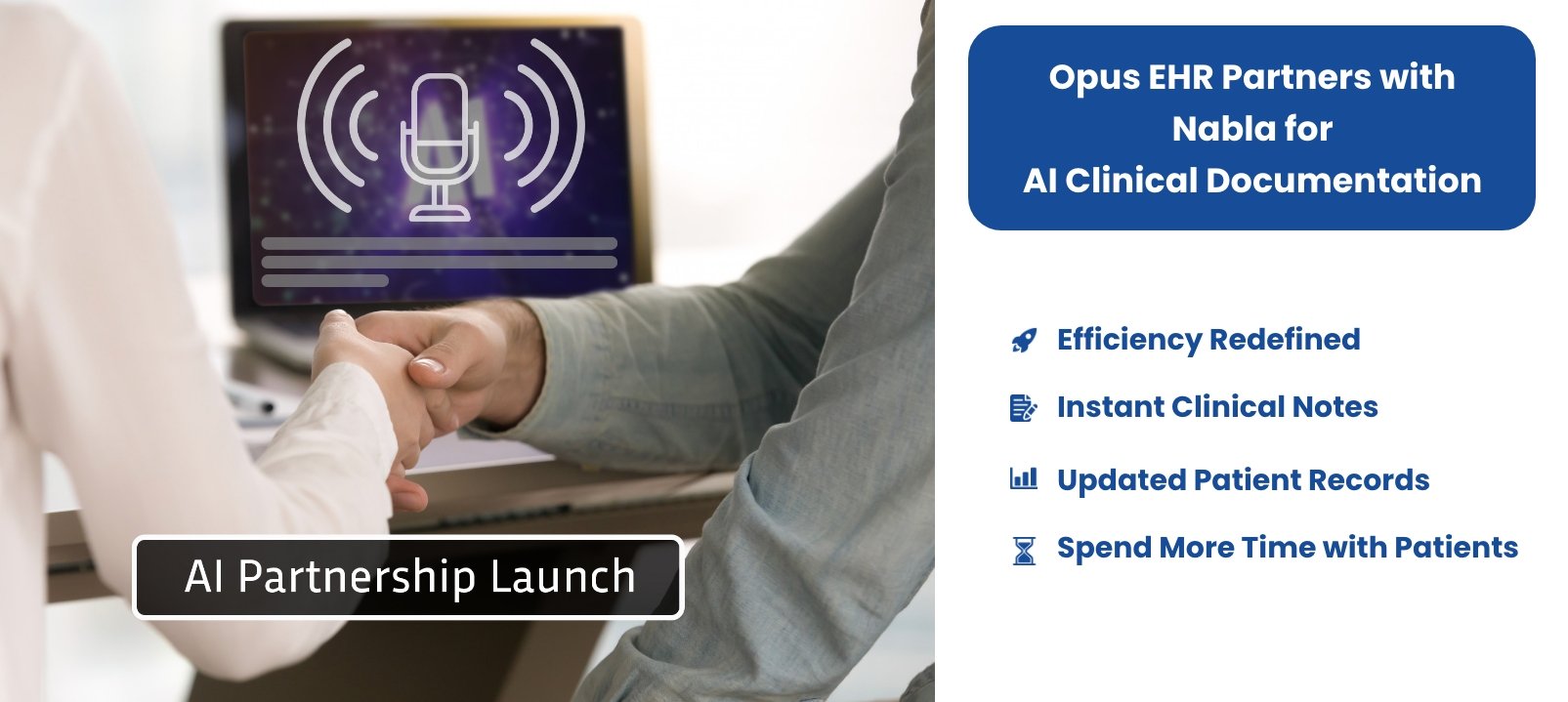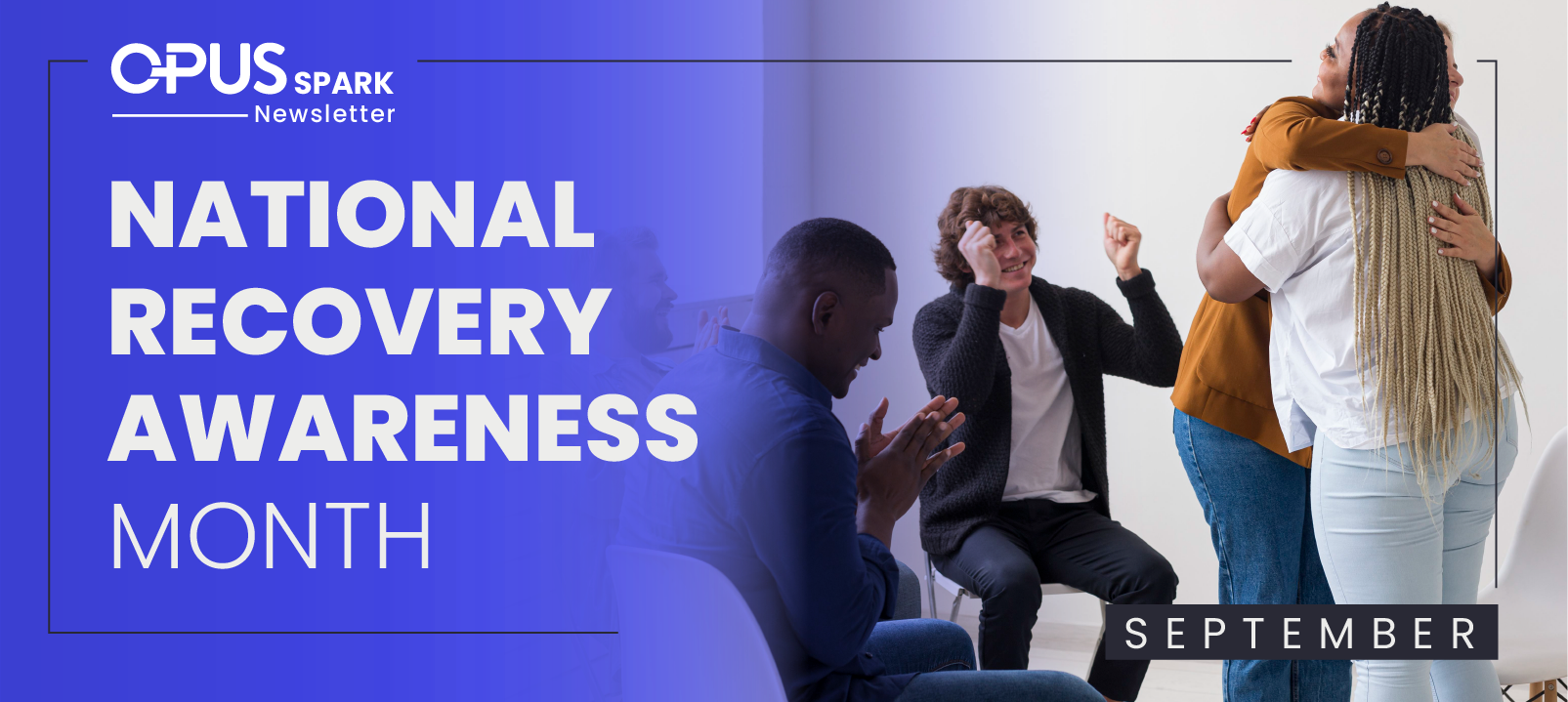#MentalHealthMatters A Day in the Life: Reg the Veteran Advocate
Opus Behavioral is celebrating National Recovery Month by sharing stories of brave families and employees impacted by inpatient treatment and outpatient recovery. Interviews were conducted by Opus employees to share insights into what mental health therapy includes and why
#MentalHealthMatters
Select names of participants have been changed for confidentiality.
It’s 3:30 in the morning. A cell phone rings in a dark bedroom and wakes a husband and wife out of a sound sleep. The husband rubs his eyes, reaches for his nightstand and looks at the number on the screen. He recognizes the name: a gentleman named Alex he met for coffee earlier in the week.
“Hey, this is Reg - are you OK?”
“Yeah, but can you talk? I don’t really have anyone else that understands us. I’m desperate”.
American Veteran
Reg is a former Executive Director of a recovery facility that helps civilians and Veterans with treatment and recovery, including Post Traumatic Stress Disorder (PTSD). He’s a certified Eye Movement Desensitization and Reprocessing (EMDR) specialist that helps men and women with ptsd cope with trauma.
“I’m a combat Vet myself” says Reg. “and now, as a mental health professional, I do a lot of teaching about PTSD to active retirees. I get called “The Equalizer” sometimes by my clients.”
Veteran Advocate
When Reg arrives at work just before 8am, he begins his day looking at his priority list and the sessions on his calendar in the morning.
“Patient care is important for everyone who comes through our door. I’m trying to be human and provide support to anyone in need. That can mean alcohol or drugs, mental illness and sexual assault issues too.”
Based on his background, Reg does provide unique therapy options for Veterans. Word-of-mouth is often his biggest referral source of patients in need.
Symptoms of PTSD
Substance abuse disorders and PTSD often go hand-in-hand with Veterans. People with PTSD may not acknowledge symptoms for months or years after the traumatic experiences happen.
“When I get called at three in the morning, my wife says ‘I get up like I’ve been waiting on their phone call all night long”. The caller often shares something on their mind that happened some time ago but keeps impacting their daily life.”
PTSD symptoms cause consequences that affect thinking properly and can generate intense emotional reactions. The long term treatment plan is how Reg keeps focused on the patient.
“The therapy we provide is a life saving gift. Inside these walls, our treatment programs are designed to uncover these natural disasters, so to speak, causing mental health problems.
Substance Abuse Problems
Around mid-morning Reg is off to meet a patient for coffee at a local independent coffee shop. He enjoys meeting in a more casual setting to share individual time.
“A traumatic experience could be so severe that it is simply frozen - it continues as a part of a patient’s daily life. We’re facing very real symptoms of PTSD that are connected with global conflicts and substance abuse.”
As Reg leaves the coffee shop after the session, he reflects on this patient’s journey to recovery and the satisfaction of seeing therapy progress.
“Every company has to make money to stay in business. But we don’t lose track of our responsibility since that’s the power of the journey. Right now, I’m thinking about who I can connect this patient to that is part of our Alumni programs to help their recovery.”
Addiction Recovery
Reg returns to his office where he spends a balance of time in new business development and as a therapist. Today, there’s a 1pm webinar he’s signed up to join about best practices in a COVID-19 environment for prescription drugs and drug abuse therapy.
“We’re lifelong learners in this business because behavioral therapy is constantly evolving. I’m strategizing about what our team can do to stay educated going forward. Self study for substance abuse and mental health are essential to staying on top of your game.”
Risk Factors
A treatment center enables both family friends and support groups to help patients fight abuse and addition. Today’s webinar presented new ideas to the audience for Alcohol Withdrawal Syndrome and withdrawal symptoms specific to COVID-19 patients.
“There’s new data being researched about withdrawal symptoms and the long term effects of abuse and addiction. The evidence suggests we’re making real progress inside our industry by studying co-occurring disorders and how to treat in our ‘new normal.”
Illicit Drugs
Reg is next off to a physician referral team meeting around mid-afternoon to discuss the webinar content presented from the panel of advocacy partners. It’s valuable career development for his employees on how to be consistent and authentic with referring facilities.
“If we don’t take care of our team, then I’m not doing my job. I want to be transparent with people and help our partners understand substance abuse like we do. I usually start by identifying something a patient didn’t do so well with in adjusting to their life change.”
Therapy providers that refer patients to Reg’s facility appreciate the education as well.
“Illegal drugs can generate lies and deceit. Before a patient chooses to lie to the group in therapy, there’s probably opportunities they’ve already been through to lie to yourself.”
“As an addict, one more pill is never OK. One more drink is never OK. We’re following our mission of helping people get better, including talking with partners about delivering therapy.”
Teletherapy
Just before his day ends, Reg schedules a teletherapy session with a patient battling multiple addictions to drugs. The session ends with a positive feeling between both addict and therapist.
“I told her “everything is based on faith’ and she responded to that. It’s the opportunity for a fresh routine in her world” continued Reg. “I always start my day with faith. It’s an act of listening instead of speaking, so you can actively listen for your greatest opportunities.”
“I want to be fully aware of how we can make the most impact in our recovery community.”
Contact us to schedule a free demo.
Learn how to customize OPUS EHR Suite for your unique business needs.






